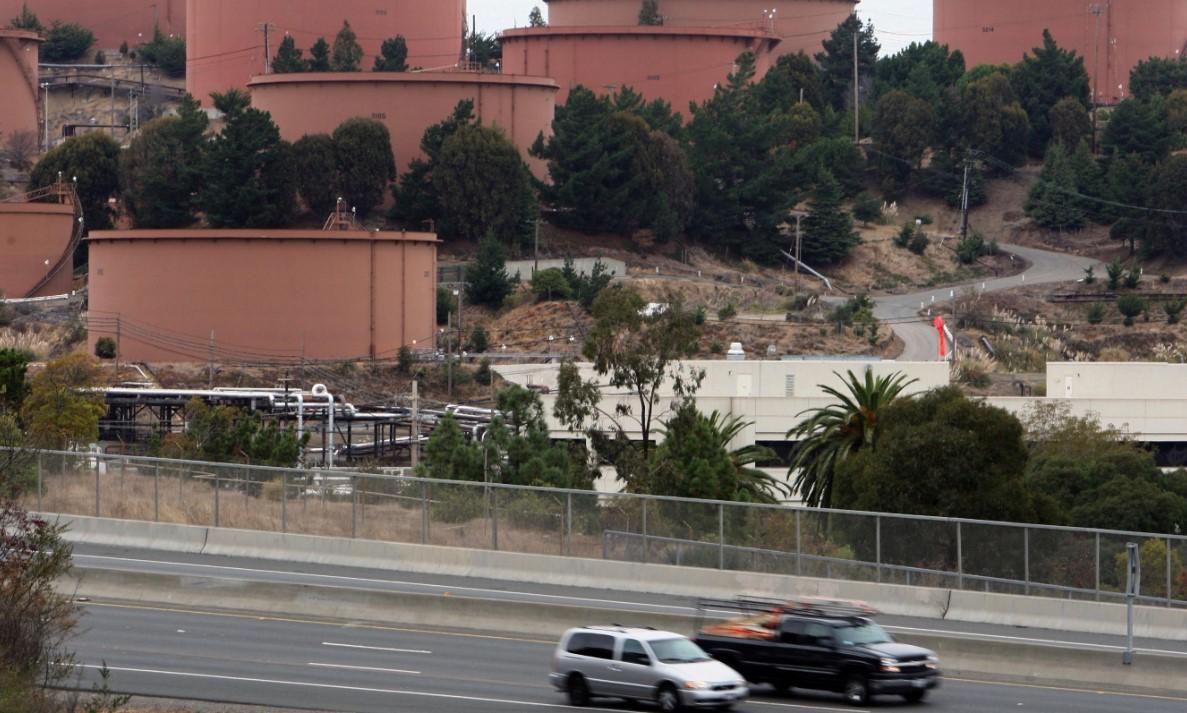
Riyadh on June 4 announced a fresh oil output cut following a meeting of major producers aiming to prop up prices despite fears of a recession.
The meeting of the 13-member Organization of the Petroleum Exporting Countries (OPEC) headed by Saudi Arabia and its 10 partners, led by Russia, saw some tough negotiations.
Saudi Arabia's fresh cut of one million barrels per day (bpd) is for July but "extendable," its Energy Minister Prince Abdulaziz bin Salman told reporters after the hours-long OPEC+ meeting at the group's headquarters in Vienna.
Analysts had largely expected OPEC+ producers to maintain their current policy, but signs emerged this weekend that the 23 countries were mulling deeper cuts.
In April, several OPEC+ members agreed to cut production voluntarily by more than one million bpd, a surprise move that briefly buttressed prices but failed to bring about lasting recovery.
Oil producers are grappling with falling prices and high market volatility amid the Russian invasion of Ukraine, which has upended economies worldwide.
Oil prices have plummeted about 10 percent since the April cuts were announced, with Brent crude falling close to $70 a barrel, a level it has not traded below since December 2021.
Traders worry that demand will slump, with concerns about the health of the global economy as the United States battles inflation and higher interest rates while China's post-Covid rebound stutters.
Russia's Deputy Prime Minister Alexander Novak said the current output cuts were being extended until the end of 2024 after examining the matter "for a long time."
According to an OPEC+ table of the required production levels for next year, the United Arab Emirates will be able to pump more than currently, while several countries including Angola, the Republic of Congo and Nigeria have had their quotas cut.
Bloomberg news agency reported African countries had been reluctant to give up some of their quotas despite failing to meet them.
"We have an agreement with which everyone is happy," the Republic of Congo's hydrocarbons minister Bruno Jean-Richard Itoua insisted after the meeting.